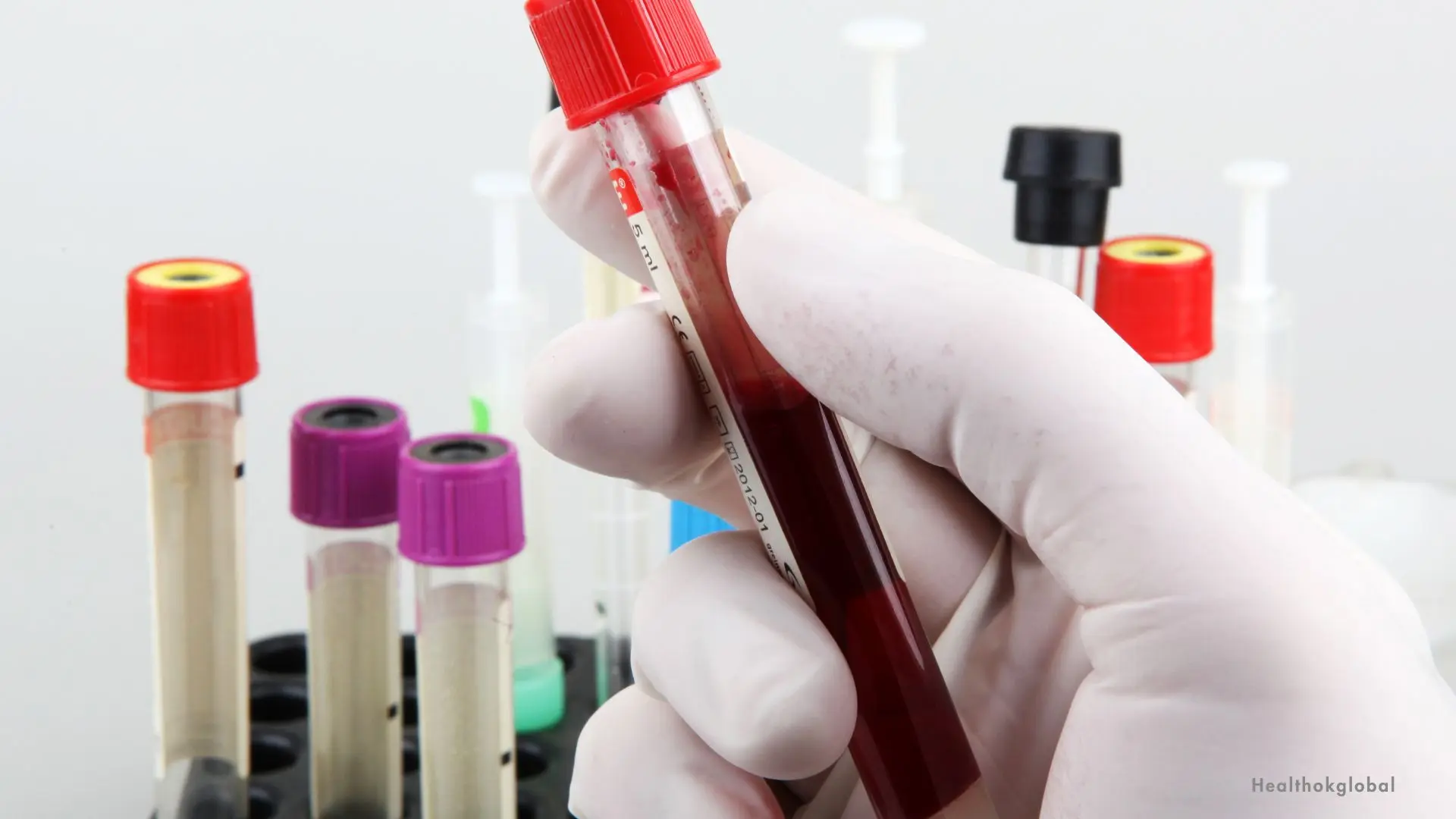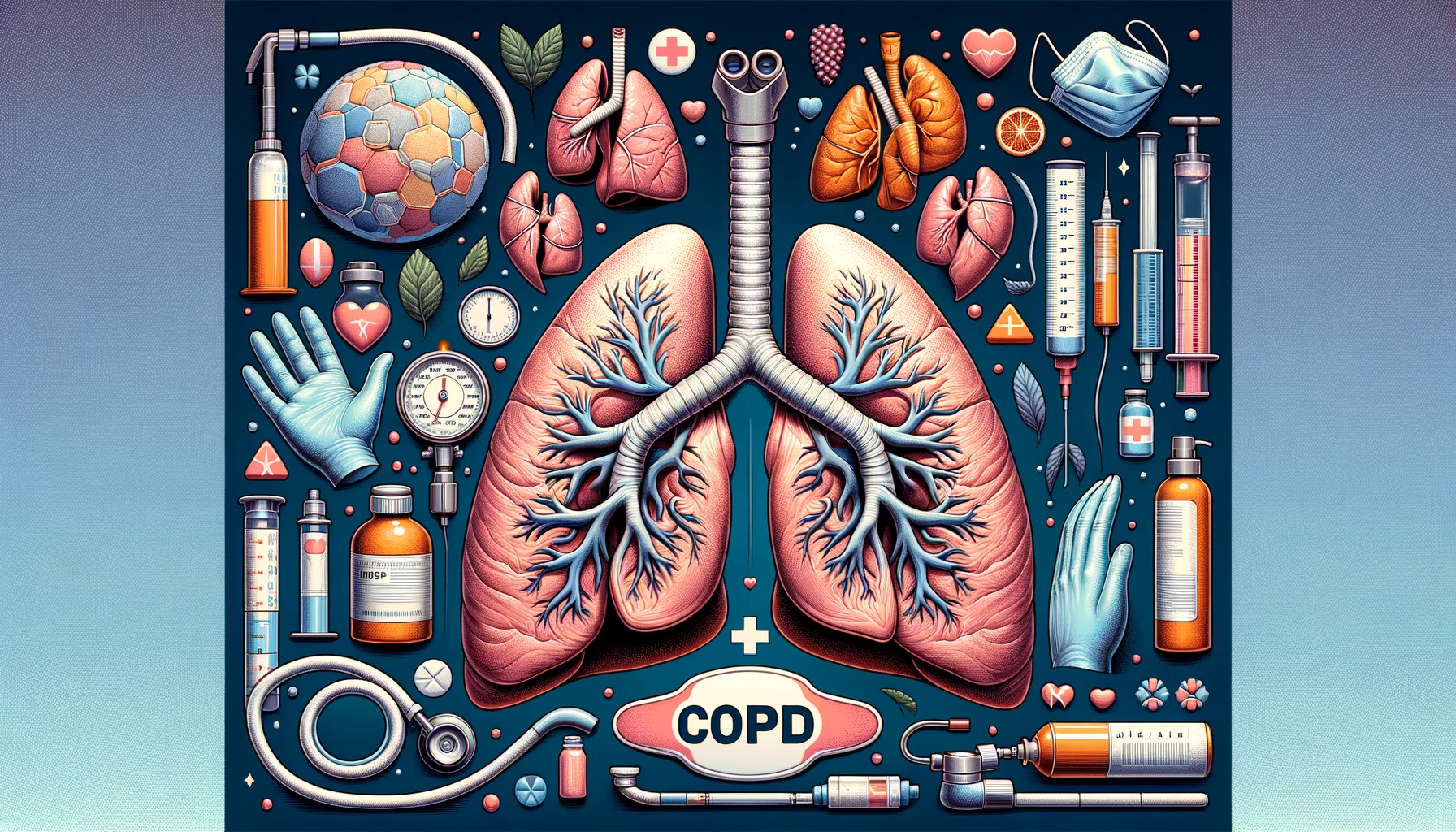PCV, or Packed Cell Volume, also known as hematocrit, is a measure of the proportion of blood volume that is occupied by red blood cells.

Blog
PCV Normal Range: What It Means & Why It Matters
PCV, or Packed Cell Volume, also known as hematocrit, is a measure of the proportion of blood volume that is occupied by red blood cells. It is expressed as a percentage and is a crucial parameter in evaluating a person’s overall health, particularly their blood health. PCV is commonly measured as part of a complete blood count (CBC) test, which provides comprehensive information about the various components of blood.
PCV is an essential marker in diagnosing and monitoring a wide range of health conditions. It helps healthcare providers assess the overall blood volume and the ability of red blood cells to carry oxygen throughout the body.
Low PCV levels can indicate anemia, a condition where there is a deficiency of red blood cells or hemoglobin, leading to reduced oxygen transport.
Elevated PCV levels can be a sign of dehydration, as the plasma volume decreases, making the red blood cell concentration appear higher.
Regular PCV tests can help monitor chronic health conditions such as polycythemia vera, where there is an abnormal increase in red blood cell production.
The normal range of PCV varies depending on age, sex, and individual health factors. Generally, the normal ranges are:
40-54%
36-48%
36-44% (varies with age)
Several factors can influence PCV levels, including lifestyle choices, underlying health conditions, and even altitude.
People living at higher altitudes may have higher PCV levels due to the lower oxygen levels, prompting the body to produce more red blood cells.
Dehydration can lead to elevated PCV levels, while overhydration can cause lower PCV levels.
Conditions such as anemia, polycythemia vera, and heart or lung diseases can significantly impact PCV levels.
Certain medications can affect red blood cell production and consequently alter PCV levels.
Elevated PCV levels, also known as polycythemia, can be caused by various factors and have significant health implications.
One of the most common causes of elevated PCV levels. It reduces plasma volume, making red blood cell concentration appear higher.
A rare blood disorder where the bone marrow produces too many red blood cells, leading to an increased risk of blood clots and strokes.
Conditions such as chronic obstructive pulmonary disease (COPD) or living at high altitudes can lead to chronic low oxygen levels, causing the body to produce more red blood cells.
Smoking can lead to higher PCV levels due to the body's response to chronic exposure to carbon monoxide, which reduces oxygen transport.
Low PCV levels, indicative of anemia or other health issues, can also have serious implications for overall health.
The most common cause of low PCV levels. Anemia can result from iron deficiency, vitamin B12 deficiency, or chronic diseases.
Deficiencies in iron, folate, or vitamin B12 can reduce red blood cell production, leading to lower PCV levels.
Acute or chronic blood loss, due to surgery, trauma, or gastrointestinal bleeding, can significantly lower PCV levels.
Conditions such as leukemia or bone marrow failure can impair the production of red blood cells, resulting in low PCV levels.
Regular monitoring of PCV levels is crucial in diagnosing and managing various health conditions. It helps in tracking the progression of diseases and the effectiveness of treatments.
PCV is usually measured as part of a CBC, which provides a comprehensive overview of blood health, including white blood cell count, hemoglobin levels, and platelet count.
Depending on the initial findings, additional tests such as iron studies, vitamin B12 levels, and bone marrow biopsy may be required to pinpoint the exact cause of abnormal PCV levels.
For individuals with known health conditions affecting PCV levels, regular monitoring helps in adjusting treatments and managing the condition effectively.
Maintaining healthy PCV levels involves a balanced diet, adequate hydration, and regular medical check-ups.
A diet rich in iron, folate, and vitamin B12 can help maintain normal red blood cell production. Foods such as lean meats, leafy greens, nuts, and fortified cereals are beneficial.
Staying adequately hydrated is essential to maintain normal plasma volume and avoid misleading PCV readings.
Regular physical activity helps in maintaining overall cardiovascular health and effective oxygen transport throughout the body.
Quitting smoking can improve oxygen transport and reduce the risk of elevated PCV levels.
Understanding the normal range of PCV and its implications for health is crucial for diagnosing and managing various health conditions. Elevated or low PCV levels can indicate underlying health issues that require medical attention. Regular monitoring of PCV levels, along with a healthy lifestyle and appropriate medical interventions, can help maintain optimal health and prevent complications. By staying informed about PCV levels and their significance, individuals can take proactive steps towards better health management and early detection of potential health problems. Regular consultations with healthcare providers and adherence to recommended health practices are essential for maintaining normal PCV levels and overall well-being.
HealthOK Global provides expert insights on nutrition, meal planning, and healthy eating habits. Contact our FREE 24 x 7 Healthcare Helpline at +91-8047190955 for assistance.
PCV is an essential marker in diagnosing and monitoring a wide range of health conditions. It helps healthcare providers assess the overall blood volume and the ability of red blood cells to carry oxygen throughout the body.
The normal range of PCV varies depending on age, sex, and individual health factors. Generally, the normal ranges are:
HealthOK Global provides expert insights on nutrition, meal planning, and healthy eating habits. Contact our FREE 24 x 7 Healthcare Helpline at +91-8047190955 for assistance.
Need Personalized Health Guidance?
Get expert advice tailored to your specific health needs from our qualified healthcare professionals.





